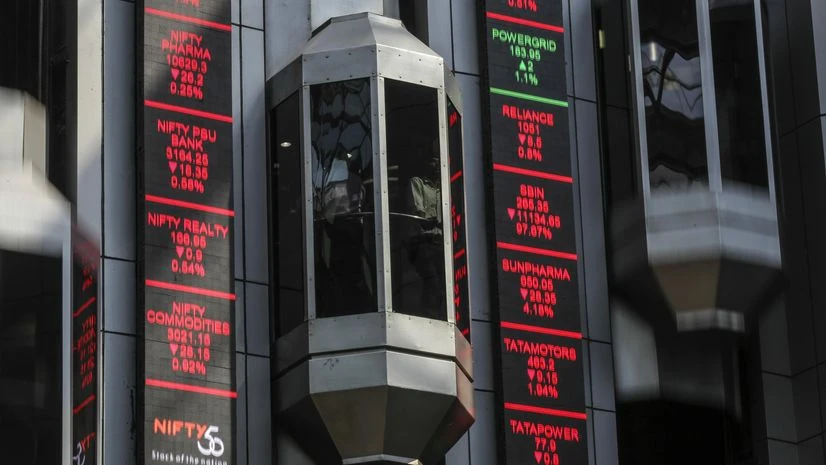Asian share markets were mostly firmer on Wednesday after Wall Street bounced and concerns about a U.S. recession were reassessed, though Japanese stocks took a dip as heightened volatility squeezed leveraged positions.
The Nikkei's drop of 0.6% was relatively minor compared with Monday's 13% dive and Tuesday's 10% rally, leading to hopes investors were finding their footing.
"The sell-off in Japanese stocks may almost be over," said analysts at JPMorgan in a note. "Both nonresident and individual investors have reset their year-to-date net buying."
"If the market stays at its current level, the GPIF (government pension fund) could become a net buyer by end-September, and a view that unwinding of yen carry trades is almost over has also emerged."
The GPIF is a massive fund with considerable market power and its investment decisions are highly influential.
The unravelling of the yen carry trade - where investors borrow yen at low rates to buy higher yielding assets - was a driving force in the market rout, but again seemed to be stabilising.
More From This Section
The dollar edged up 0.2% to 144.67 yen and away from the 141.675 trough hit on Monday, though it remains far below its July peak of 161.96.
The dollar also gained on the safe-haven Swiss franc to 0.8532, up from Monday's low of 0.8430.
MSCI's broadest index of Asia-Pacific shares outside Japan gained 0.4%, while Korean stocks added 0.8%.
After bouncing overnight, Nasdaq futures eased 0.1% in part due to a 12% dive in AI darling Super Micro Computer after it missed earnings estimates.
S&P 500 futures steadied from an early drop, while EUROSTOXX 50 futures firmed 0.5%. FTSE futures added 0.7%, and DAX futures rose 0.3%.
With safe-haven in less demand, Treasury yields ticked higher for a second session. U.S. 10-year yields were up at 3.908%, and well off Monday's low of 3.667%.
Two-year yields had climbed back to 3.997%, from a deep trough of 3.654%, as markets scaled back wagers on an intra-meeting emergency rate cut from the Federal Reserve.
Futures now imply 105 basis points of easing this year, compared with 125 basis points at one stage during Monday's turmoil, while a 50-basis-point cut in September seen as a 73% chance.
Fears of an imminent U.S. recession had also faded a little as the run of economic data still pointed to solid economic growth in the current quarter.
The Atlanta Fed's much-watched GDPNow estimate is that gross domestic product is running at an annual pace of 2.9%.
In commodity markets, gold prices were holding at $$2,386 an ounce and short of last week's $2,477 top.[GOL/]
Oil prices remained volatile as concerns about waning global demand warred with the risk of supply disruptions in the Middle East. [O/R]
Brent slipped 18 cents to $76.30 per barrel, while U.S. crude fell 26 cents to $72.94 a barrel.
(Only the headline and picture of this report may have been reworked by the Business Standard staff; the rest of the content is auto-generated from a syndicated feed.)

)